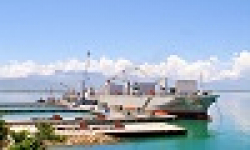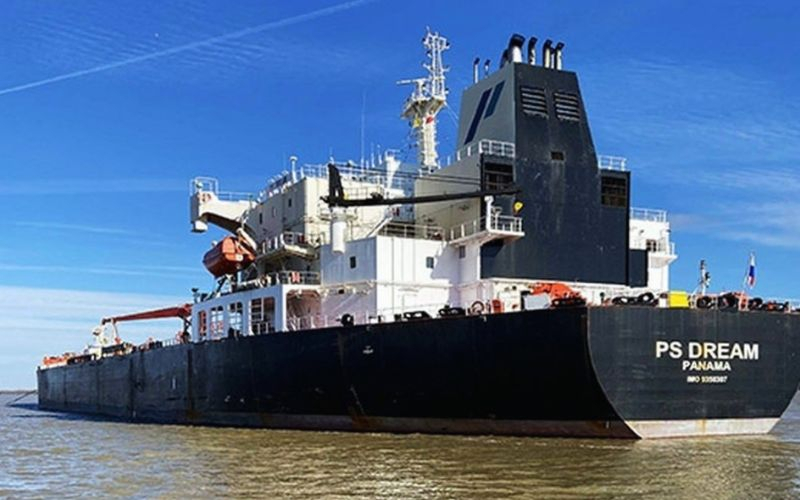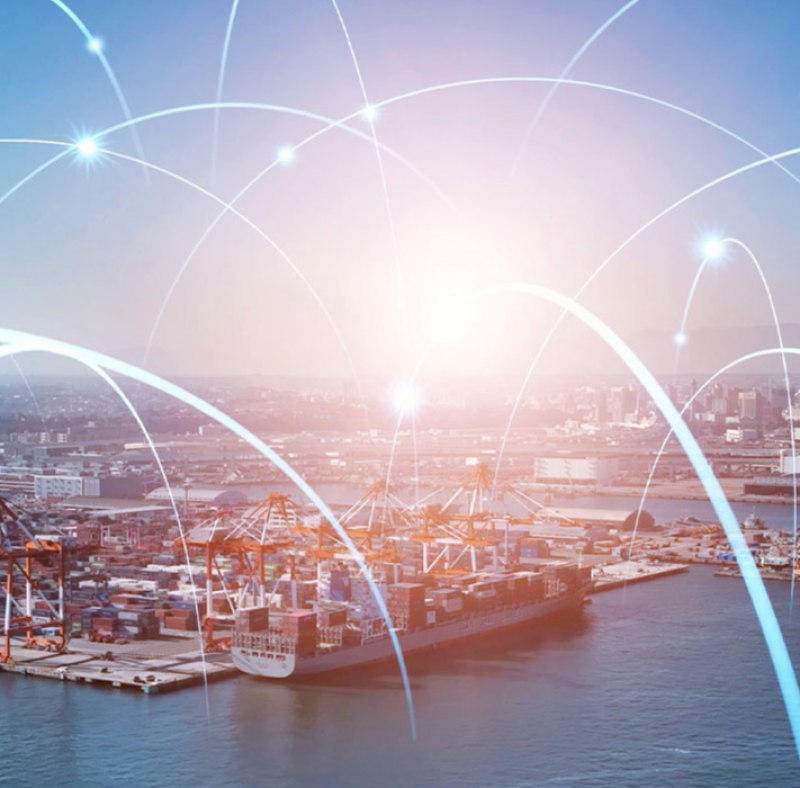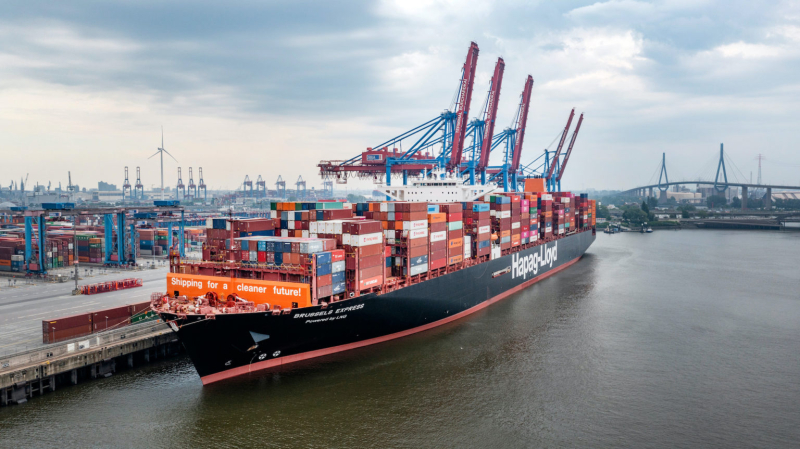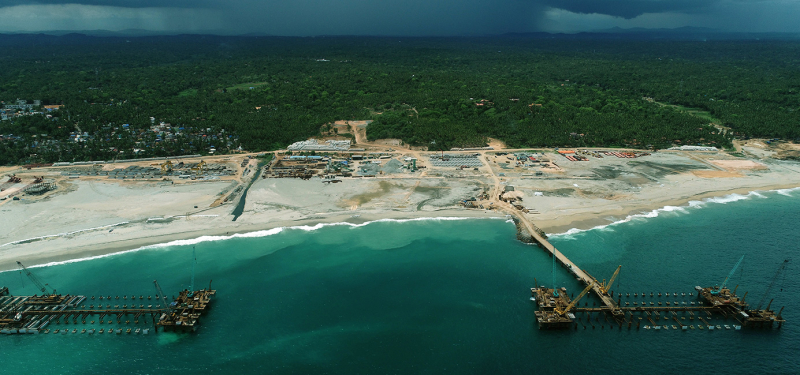
Negotiations at the International Maritime Organization (IMO) have broken down without agreement on the Net-Zero Framework, leaving the shipping industry facing another year of uncertainty over how its decarbonisation will be regulated.
Delegates at the Marine Environment Protection Committee’s extraordinary session in London voted to adjourn discussions for 12 months after failing to reach consensus or call a vote on the draft amendments to MARPOL Annex VI, which include the key elements of the framework.
The decision pushes any adoption of the IMO Net-Zero Framework into late 2026 at the earliest, complicating the timeline for meeting the organisation’s greenhouse gas (GHG) reduction strategy agreed in 2023.
The framework—approved in principle at MEPC 83 in April 2025—sets out a global fuel standard and an emissions pricing mechanism, which together would form the backbone of international shipping’s path to net zero by 2050.
While the main negotiations have been adjourned, the Intersessional Working Group on GHG Emissions Reduction from Ships, due to meet from October 20 to 24, will continue work on developing implementation guidelines in the meantime.
Industry voices have expressed broad disappointment over the delay, warning that the year-long adjournment risks slowing investment and undermining momentum toward shipping’s decarbonisation goals.
The Global Maritime Forum described the adjournment as a serious setback.
“Today’s adjournment is disappointing but not the end of the journey,” said Jesse Fahnestock, the Forum’s director of decarbonisation.
“Delaying for a full year makes delivery of the sector’s decarbonisation targets even more challenging,” he added, urging member states that supported the framework in April to “reconfirm their commitment to multilateralism and continue the urgent work of developing guidelines and adopting a regulatory framework that can deliver on the IMO’s unanimously agreed GHG strategy.”
The International Chamber of Shipping (ICS) also voiced frustration that the meeting failed to deliver progress.
“We are disappointed that member states have not been able to agree a way forward,” said Thomas Kazakos, ICS secretary general, adding: “Industry needs clarity to make the investments needed to decarbonise in line with the IMO’s goals.”
Anne Steffensen, CEO of Danish Shipping, said the outcome was “not what we came for.”
“We came here to finally conclude a crucial climate agreement for international shipping. We from the Danish side have worked tirelessly towards this for a long time, so it’s a big disappointment,” she said.



